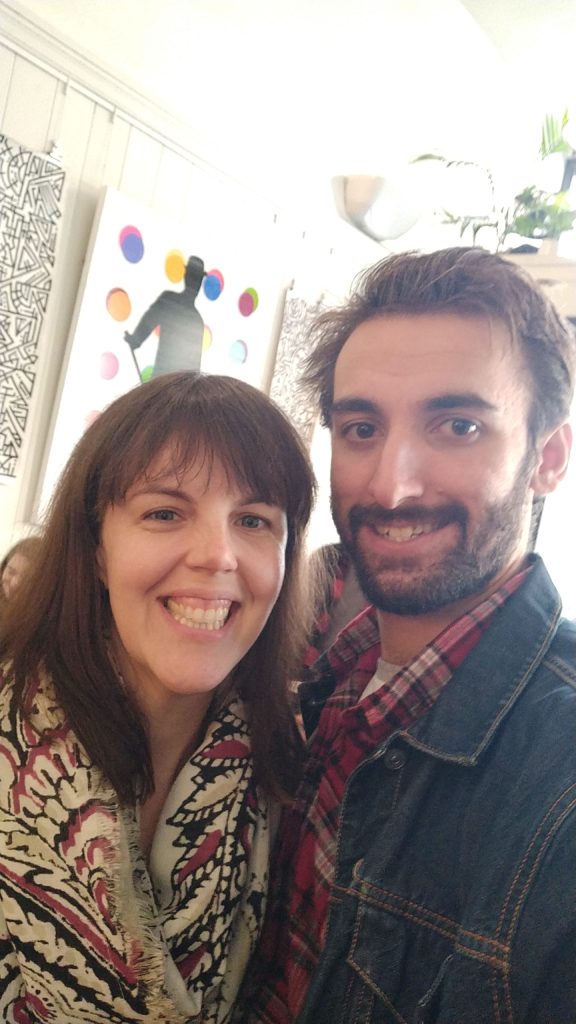Mentorship Spotlight: Community Centric Climate Resilience
Mentee Isaac A. Gendler is a Climate Adaptation and Housing Policy Researcher as well as a White Paper Writer for Abundant Housing LA. He is currently working on a research paper analyzing the effects of the Bay Area housing crisis on regional wildfire vulnerability. In his spare time, Isaac likes to write on his daily science blog and learn new languages.

Mentor Jamesine Rogers Gibson is a policy expert and research analyst with more than 15 years of experience advancing clean air, climate resilient, and low carbon policies and strategies that maximize health, community, and economic benefits. She is an independent consultant who is skilled in strategically connecting people, ideas, and data to create a future where everyone can thrive. Most recently, Rogers Gibson was Senior Climate Analyst at the Union of Concerned Scientists. Prior to that, she worked on the Risky Business Project – a national economic risk assessment of climate-related impacts – and at all levels of government, including then-Senator John Kerry, USEPA, California Air Resources Board, and SFDPH.
Given that both Isaac and Jamesine are based in CA, much of their mentoring relationship has been focused on what they perceive to be key challenges facing adaptation in California and what that means for starting a career in the field. One of these key challenges is the COVID-19 emergency. The pair discussed how the pandemic is having harsh impacts on public budgets as municipalities are forced to make tough decisions and spend less on climate adaptation work. In light of the pandemic, Isaac and Jamesine focused on the need to think about climate work holistically. The pair explored the importance of mainstreaming climate change work into the current municipal process. For example, housing policy is climate policy- the two are undoubtedly connected.
Community engagement was also a topic the pair focused on. They discussed how bottom-up, community-centric climate resilience approaches – as opposed to top-down engineering approaches like sea walls – may often work better and confer many benefits to the community beyond protection from sea-level rise.Through these conversations, Isaac became more informed about systemic racism and climate equity. He became inspired to amplify black and indigenous voices and to continuously be mindful of how he interacts with communities different than his own to ensure his actions are equitable and just.
Thanks to both for sharing what they’ve learned!
